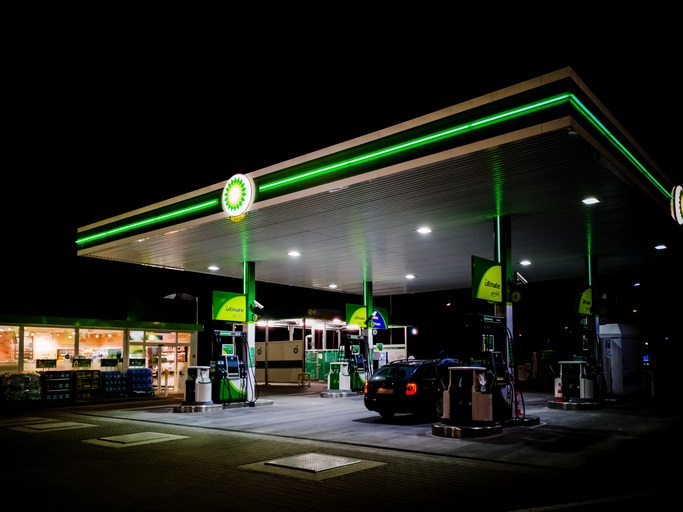ii view: BP ends difficult year with Q4 profit
It's now pursuing plans to be a very different kind of energy company by 2030. Buy, sell or hold?
8th February 2021 12:00
by Keith Bowman from interactive investor
It's now pursuing plans to be a very different kind of energy company by 2030. Buy, sell or hold?

Fourth-quarter results to 31 December
- Net profit of $1.4 billion (£1 billion), up from a loss of $450 million (£329 million)
- Underlying replacement cost profit up 34% to $115 million (£84 million)
- Net debt down 14% to $39 billion (£28.5 billion)
- A dividend of 5.25 cents per share, unchanged from the previous quarter
Chief executive Bernard Looney said:
"2020 will forever be remembered for the pain and sadness caused by Covid-19. Lives were lost - livelihoods destroyed. Our sector was hit hard as well. Road and air travel are down, as are oil demand, prices and margins. It was also a pivotal year for the company. We launched a net zero ambition, set a new strategy to become an integrated energy company and created an offshore wind business in the US. We began reinventing bp - with nearly 10 thousand people leaving the company. We strengthened our finances - taking out costs and closing major divestments. We expect much better days ahead for all of us in 2021."
ii round-up:
Founded in 1901, the oil major BP (LSE:BP.) chose last year to redefine its operations into four arenas.
Production and operations now bring together its core hydrocarbon operations into one business. Customer and products combine its Castrol lubricants, aviation fuelling, and retail forecourt or convenience sites.
Gas and low carbon energy integrate its existing natural gas capabilities with low and zero carbon businesses and markets. Finally, innovation and engineering is home to its central engineering and safety and operational assurance authorities.
For a round-up of these fourth-quarter results, please click here.
ii view:
BP is now pursuing a new strategy to become an integrated energy company. If successful, it will be a very different kind of energy company by 2030. Over the next 10 years it wants to increase its annual low carbon investment ten-fold to around $5 billion a year. No exploration in new countries will be undertaken, with a targeted 40% reduction in hydrocarbon production being made by 2030 through active portfolio management.
Emissions from its own operations are to be cut by around a third, and more than 70,000 electric vehicle charging points are being targeted – up from 7,500 today. And it hopes to reduce the carbon intensity of its products by more than 15%.
For investors, 2020 will be remembered as the year the dividend was halved because of the pandemic, and reduced energy demand and lower prices fed into an overall loss of $20.3 billion compared to a profit of $4 billion for 2019. But given the increasing scientific and governmental concern for global warming, a change of direction for BP and the wider industry was arguably inevitable. The pandemic has proved the catalyst for change. A sizeable journey for BP now lays ahead.
However, first steps have been taken. Net wind generation capacity rose by nearly 16% to 1,071MW during this latest quarter compared to the final quarter of 2019. Net ethanol production, produced from feedstocks such as sugar cane, rose by 28% to 14.9kb/d. A forecast dividend yield in the region of 6% (not guaranteed) also remains attractive in the current low interest rate era. In all, and while there is still much for BP to achieve, decades of energy experience offer a firm foundation.
Positives:
- Outlined a greener future strategy
- Asset disposal programme of $25 billion on track
Negatives:
- Competition in greener energy arena intensifying
- Dividend payment rebased
The average rating of stock market analysts:
Buy
These articles are provided for information purposes only. Occasionally, an opinion about whether to buy or sell a specific investment may be provided by third parties. The content is not intended to be a personal recommendation to buy or sell any financial instrument or product, or to adopt any investment strategy as it is not provided based on an assessment of your investing knowledge and experience, your financial situation or your investment objectives. The value of your investments, and the income derived from them, may go down as well as up. You may not get back all the money that you invest. The investments referred to in this article may not be suitable for all investors, and if in doubt, an investor should seek advice from a qualified investment adviser.
Full performance can be found on the company or index summary page on the interactive investor website. Simply click on the company's or index name highlighted in the article.